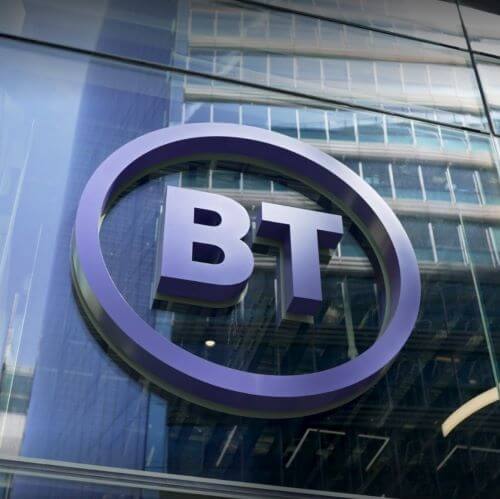Eurobites: Strike-hit BT reaches deal with unions over pay
Also in today's EMEA regional roundup: Vodafone gets edgy in Salford; Somalia issues first licensed spectrum; Norway bolsters subsea cable security.

Also in today's EMEA regional roundup: Vodafone gets edgy in Salford; Somalia issues first licensed spectrum; Norway bolsters subsea cable security.
BT appears to have put an end to its current run of strikes, having had its latest pay offer accepted in principle by the CWU and Prospect labor unions. The UK operator has offered all its workers who currently earn £50,000 (US$60,000) or less a flat-rate £1,500 ($1,800) pay rise, which, coupled with an earlier rise in April, means that employees will be between 6% and 16% better off than they were before, with a typical employee receiving a rise of 9%, according to the CWU. The current inflation rate in the UK, according to the Consumer Prices Index (CPI) yardstick, stands at 11.1%. BT CEO Philip Jansen has come under fire from the CWU for the size of his 2021 pay award, which it described last month as showing "management contempt" for his workers at the coalface. (See BT emergency call handlers set to join strike action, BT faces more summer strikes and BT dusts off pandemic playbook to counter strike action.) Figure 1:
 (Source: BT)
(Source: BT)Vodafone UK has opened a new lab in the northern city of Salford dedicated to the development of multi-access edge compute (MEC) network technology – the first, Vodafone claims, of its type in the UK. MEC technology enables real-time data processing at the network edge, facilitating the creation of low-latency services that, say the technology's backers, would not be possible on traditional, more centralized infrastructure – think autonomous vehicles, virtual reality and the like.
Somalia's National Communications Authority has issued its first radio spectrum license, to Hormuud Telecom, the largest of Somalia's nine operators. Under the terms of the license, Hormuud has won the rights to use the following frequency bands: 700MHz, 800MHz, 900MHz, 1.8GHz, 2.1GHz, 2.3GHz, 2.6GHz and 3.5GHz. Up until now, Somali operators have been using spectrum on an unlicensed basis: this is the first time spectrum has been formally licensed in the country. According to Omdia, a market research company (and sister company to Light Reading), Hormuud had an almost 40% market share at the of September 2022.
The Norwegian government is to spend an additional 43 million kroner ($43 million) on bolstering the security surrounding its subsea digital infrastructure, according to a Bloomberg report (paywall applies). The proposed action comes in the wake of recent sabotage on the Nord Stream pipeline system in the Baltic Sea.
Nokia and Orange France have completed what they claim is the world's first 20Gbit/s microwave aggregation link trial using the Finnish vendor's E-band microwave and traditional microwave frequency products. The trial, says Nokia, enabled a high-capacity link over a distance of almost 4km.
Kontron and Napatech are collaborating on an "optimized" platform for hosting the 5G user plane function as part of packet core deployments in telco edge data centers and private networks. Napatech's approach is based on field programmable gate arrays (FPGAs), which the Danish company believes can be far more cost-effective than ASICs for certain applications. (See Tiny Napatech starts FPGA assault on Nvidia in 5G core.)
A study by Fraunhofer IZM has concluded that eSIMs are more environmentally friendly than their traditional SIM equivalents, recording a 46% reduction in carbon dioxide emissions. The study was carried out for Giesecke+Devrient, an eSIM specialist, as luck would have it.
Rural connectivity company World Mobile has completed a UK pilot of low-Earth orbit satellites to provide reliable Internet services to a remote farm on Wales' Pembrokeshire coast. The trial at Pencarnan Farm used Starlink's satellite network as a backhaul option for providing Internet to World Mobile's Air Nodes (the network's access points). According to the farm's owner, Sian Richardson, the resulting Wi-Fi connection was "strong and dependable." World Mobile is now considering running similar pilots elsewhere in the UK.
— Paul Rainford, Assistant Editor, Europe, Light Reading
Read more about:
EuropeAbout the Author(s)
You May Also Like












